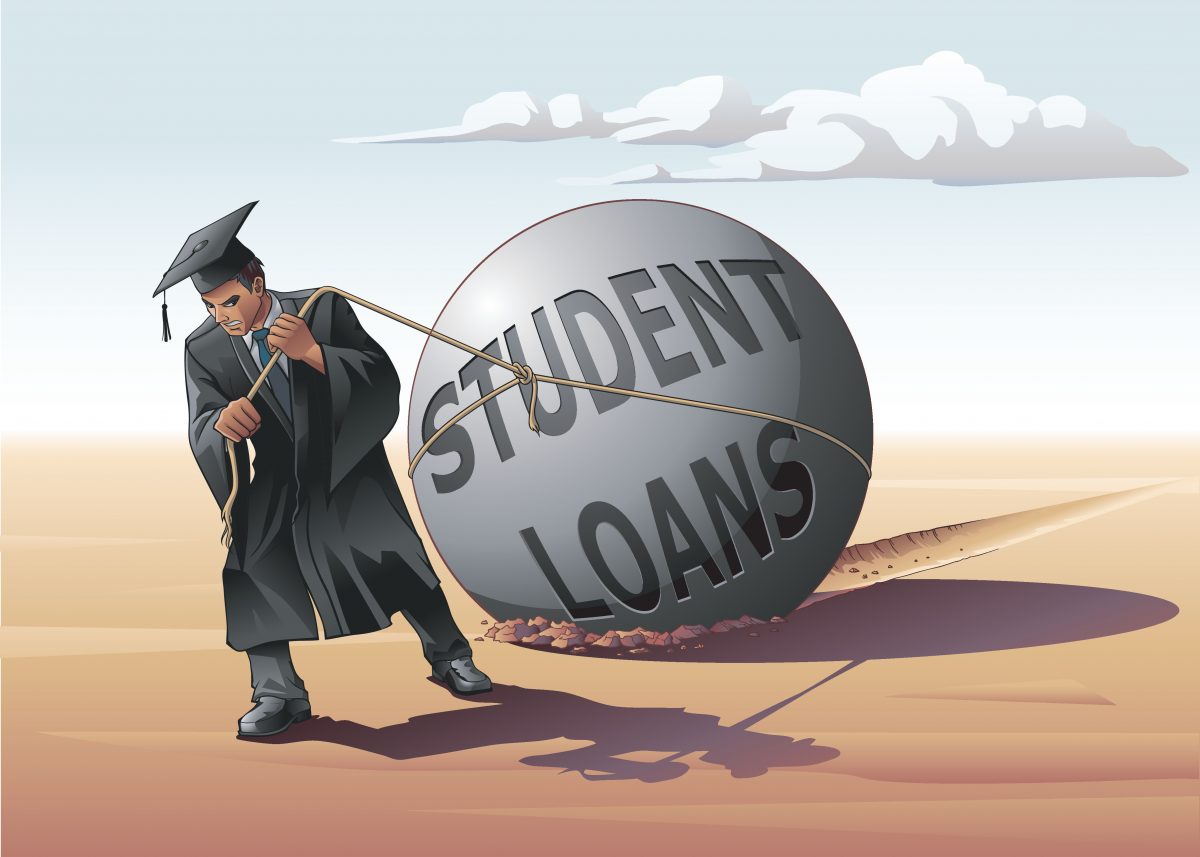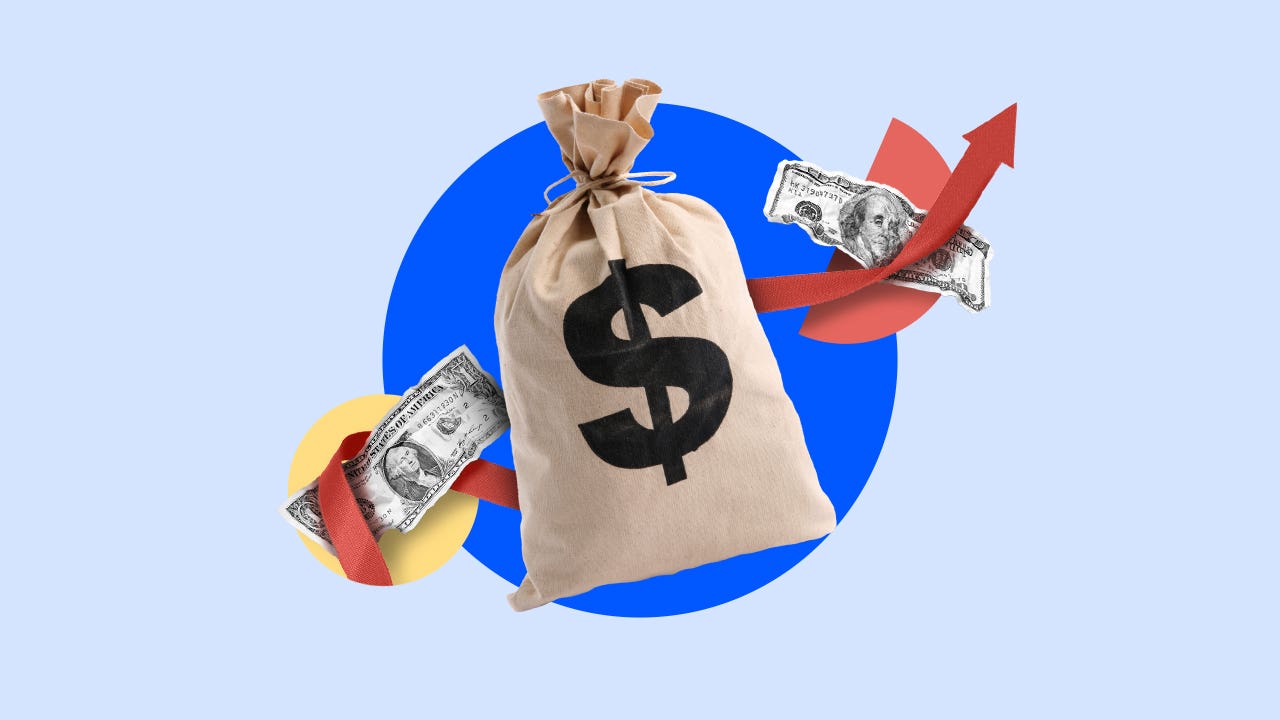Comprehending the Impact of Rates Of Interest on Home Loans for First-Time Customers
Browsing the labyrinth of mortgage can be intimidating for first-time buyers, specifically when rates of interest play a critical function in forming their monetary journey. The option between adjustable-rate and set home mortgages lugs substantial consequences, influencing regular monthly spending plans and long-term monetary security. As passion prices rise and fall with economic changes, comprehending their determination ends up being essential. What approaches can these buyers utilize to safeguard the most positive terms? And exactly how do these decisions straighten with personal financial goals and take the chance of resistance? Check out these concerns to equip your course to homeownership with self-confidence and insight.
How Rates Of Interest Are Identified
When the central financial institution elevates this rate, borrowing comes to be a lot more costly, frequently leading to enhanced home car loan rate of interest prices. Alternatively, reducing the federal funds price can make loaning more affordable, possibly minimizing home loan rates.
Another prominent element is rising cost of living. Greater inflation typically causes greater rates of interest as lending institutions demand more go back to offset the reducing buying power of future settlements. Financial growth also plays a crucial role; in periods of robust financial performance, need for debt boosts, which can increase passion rates.
In addition, the bond market significantly influences home mortgage rates. Long-lasting rate of interest, including those for home loans, are closely connected to returns on government bonds. As bond yields increase, so do home mortgage rates, mirroring the raised price of long-lasting loaning.

Sorts Of Rate Of Interest
Understanding the various kinds of interest rates is important to understanding exactly how home mortgage work. There are mostly two categories of rate of interest that debtors come across: repaired and variable. A set passion price continues to be consistent throughout the regard to the lending. This uses predictability in monthly repayments, providing borrowers with stability and convenience in budgeting. It is specifically beneficial in environments where future rates of interest boosts are expected.
In contrast, a variable interest price, likewise recognized as an adjustable price, varies with time, normally in reaction to adjustments in a specified criteria or index. These rates often begin less than taken care of rates, which can be eye-catching to new buyers. However, they entail the risk of raising with time, possibly causing higher overall costs if market prices increase.
In addition, some lending institutions use hybrid rates of interest, combining aspects of both fixed and variable prices. An introductory duration with a fixed price might be followed by a variable rate. Comprehending these distinctions is vital for consumers to make enlightened choices that straighten with their financial situations and take the chance of tolerance, as each kind offers possible drawbacks and one-of-a-kind benefits.

Influence On Regular Monthly Settlements
Month-to-month repayments on home lendings are directly affected by the sort of rates of interest selected, which can considerably impact a debtor's financial planning. Fixed-rate home loans offer stability, as the passion rate stays unmodified over the funding's term, guaranteeing that month-to-month repayments continue to be constant. This predictability aids in spending plan preparation, offering a clear economic photo over the finance's duration. On the other hand, adjustable-rate home loans (ARMs) initially present lower rates of interest, which can result in smaller preliminary payments. These rates are subject to changes based on market problems after the preliminary fixed period, potentially boosting monthly responsibilities.
Fixed-rate car loans protect against market volatility, offering tranquility of mind however usually at a higher initial rate compared to ARMs. On this page the various other hand, ARMs might suit purchasers anticipating earnings development or those planning to offer prior to the price modification occurs, permitting them to exploit on lower settlements.
Long-term Financial Implications
The choice of rate of interest price type for a home funding extends beyond prompt month-to-month repayments, lugging substantial lasting economic implications. A fixed-rate mortgage, for instance, uses stability by locking in rates of interest for the period of the financing term, securing debtors from future rate boosts. This predictability can assist in lasting financial planning, allowing property owners to these details anticipate expenditures without the risk of rising repayments. However, if market prices drop, customers with a fixed-rate home loan might lose out on potential cost savings unless they re-finance.
Conversely, a variable-rate mortgage (ARM) generally begins with a reduced rates of interest, which can cause reduced initial settlements. Over time, nevertheless, the rate can rise and fall based upon market conditions, potentially leading to greater repayments. This variability presents an aspect of uncertainty, which could influence financial security if prices raise considerably.

Techniques for Managing Prices
Browsing interest prices on home financings requires tactical preparation to optimize economic results. First-time homebuyers ought to consider securing in rate of interest rates when they are favorable, as this can shield them from possible rate hikes before their car loan closing.
One more method involves choosing the appropriate loan type. Fixed-rate home mortgages supply security, securing borrowers from future rate increases, while variable-rate mortgages (ARMs) might offer lower first rates with the risk of future adjustments. Buyers ought to very carefully analyze their monetary scenario and danger tolerance when picking between these choices (pre approval student loans).
Lastly, preserving a strong debt account is critical. A higher credit scores rating can considerably enhance arrangement power for a lot more desirable rate of interest. Consistently examining credit score reports, attending to inaccuracies, and decreasing arrearage can enhance overall credit reliability, thereby placing purchasers to secure the most beneficial prices readily available.
Final Thought
An extensive understanding of interest rates on home loans is crucial for newbie customers to make enlightened choices. Strategic monitoring of rate of interest prices can significantly influence homeownership success and monetary well-being.
When the central financial institution increases this rate, obtaining news becomes more pricey, usually leading to boosted home lending passion prices.In comparison, a variable passion rate, likewise known as a flexible price, changes over time, normally in feedback to adjustments in a specified benchmark or index.Furthermore, some lenders use hybrid interest rates, combining elements of both dealt with and variable rates - pre approval student loans. A fixed-rate home loan, for example, uses stability by locking in interest rates for the duration of the finance term, safeguarding consumers from future rate boosts. New homebuyers ought to consider locking in rate of interest rates when they are desirable, as this can shield them from prospective price walks prior to their funding closing